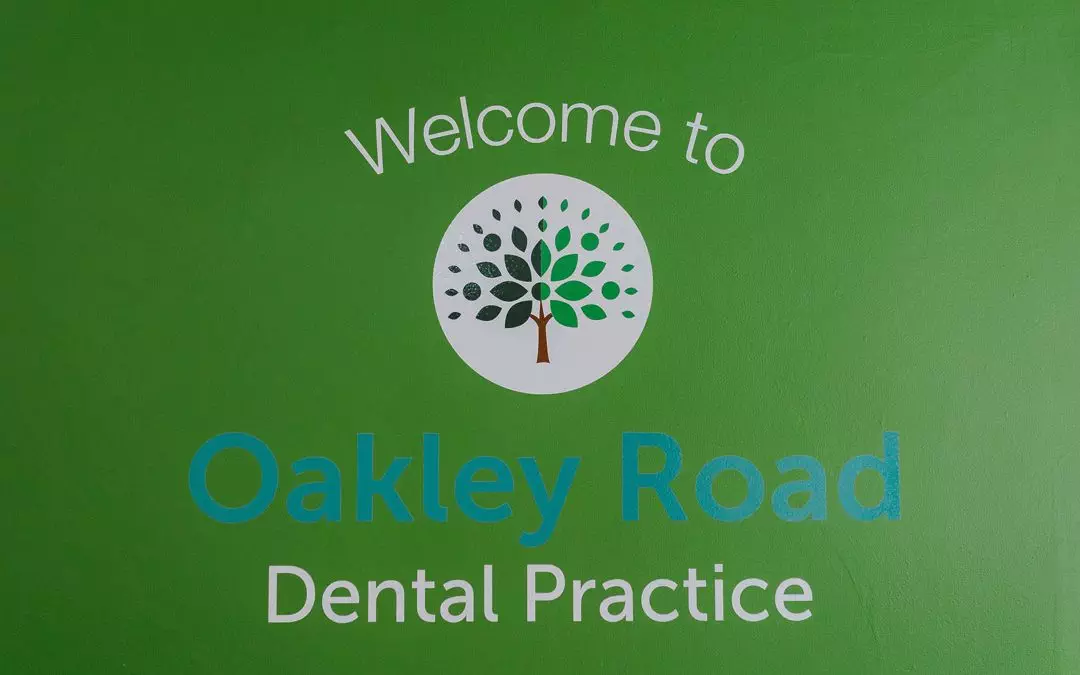Are your gums swollen and sensitive? Do they bleed easily after brushing? Do you struggle with bad breath that just won’t go away? If you answered ‘Yes’ you might be suffering from Periodontal Disease.
What is Periodontal Disease?
Periodontal disease is an inflammatory disease. The inflammation is part of the body’s natural defense mechanisms and occurs in response to a build-up of plaque (bacteria) on the teeth. In some patients, this natural inflammatory process is too severe or poorly controlled and the inflammation damages the supporting structures of the teeth, namely the gums and supporting bone. Whilst we can control this process and stop the bone loss from getting worse, the bone loss is usually irreversible.
Who gets periodontal disease?
Approximately 10% of the population are severely affected by periodontal disease and by the age of 60 years old around 80% of people will display some bone loss, albeit mild. There appears to be some genetic link with periodontal disease, with trends running in families. If you have been diagnosed with periodontal disease, then potentially your siblings are at increased risk of having the same problem and potentially your children may also be at increased risk. Ideally, they should all be screened and monitored for potential problems by their dentist.
Does anything make it worse?
The single biggest risk factor for developing gum disease, after poor oral hygiene, is smoking. Smokers lose three times more teeth than non-smokers and they do not respond as well to treatment as non-smokers. There are other conditions such as poorly controlled diabetes, poor diet or stress that can also play their part. Stopping smoking is a very important part of controlling this disease and preventing tooth loss. Should you wish to quit
smoking, the best people to speak to would be your GP or local stop smoking clinic. We are also happy to offer advice.
What can I do to help?
Your role in the management and stabilisation of the disease is crucial. We will show you techniques aimed at helping you clean your teeth to a very high standard so that the bacteria levels are below the level that triggers inflammation. This is different from one patient to the next. Without this change in home care, our treatment cannot be successful. Controlling the risk factors outlined above is an important part of helping yourself control your disease.
Can it be treated?
Periodontal disease can be treated successfully; however, we cannot cure it. Similar to diabetes, there is no cure, but by stabilising the disease, we can prevent further damage and allow you to keep your teeth for a long time.
What if I don’t have treatment?
If the bone loss around the teeth is not controlled, then teeth may become loose, gums may shrink and, in some cases, teeth may become infected or even fall out.
SOME TOP TIPS FROM OUR HYGIENISTS:
- Brush your teeth for at least 2 minutes morning and evening with a soft headed toothbrush – preferably electric with a pressure sensor and timer – we recommend oral B Pro2/3
- Clean your teeth using interdental aids – we recommend using floss or Tepe/Icon brushes
- Use a fluoride toothpaste and do not rinse with water after brushing – if you prefer to use a mouthwash just make sure it contains fluoride – we recommend Fluoriguard
- Maintain regular visits to see your dentist and hygienist – for routine examinations we recommend every 6 months
- Maintain a healthy balanced diet and drink water as much as possible throughout the day and night.

